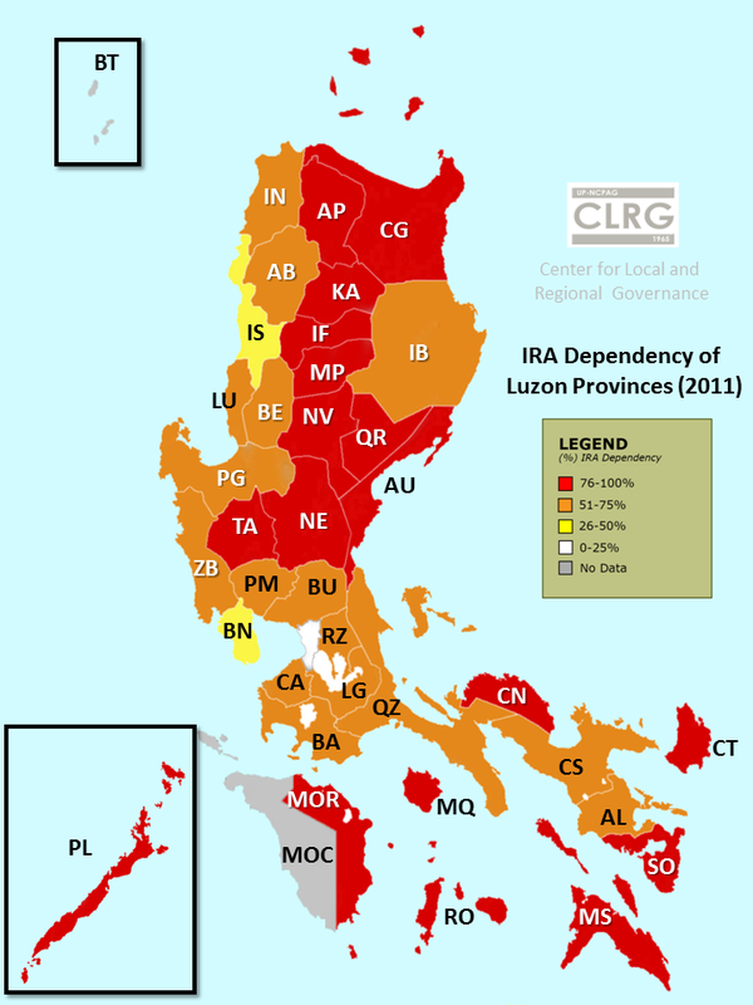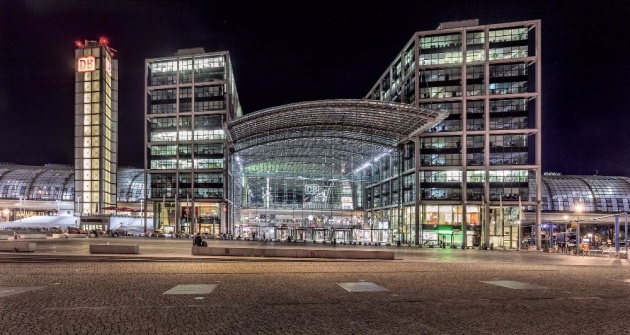Video Credits: World Top 10 via YouTube

Image Credits: Public Domain Pictures via Pixabay
The Philippines is a rich country. We have an abundant supply of natural resources. We are surrounded by water which gives us different varieties of fish and other marine products which can be consumed right away or can be used as raw materials for some processed products. We have large gold deposits, copper, chrome, chromite, nickel, Iron, manganese and other types of valuable stones. We have a fertile land where we could grow different varieties of crops, fruit-bearing trees, vegetables, flowers and other plants for that matter. We have beautiful places, beaches, falls, lakes, rivers and other scenic spots which can be found only in the Philippines.
I am blessed to be born in this place. It is comparable to a paradise.
What is alarming though is that despite being regarded as a country rich in natural resources, we cannot deny the fact that our country still belongs to the poor nations in the whole world.
What are the Factors Affecting the Economic Growth of the Country?
As for me, the somewhat slow economic growth of our country can be attributed to three (3) factors:
- Recurring calamities that pass through our place which causes major destruction to lives and properties - As I mentioned in my previous post, Philippines is located in the typhoon belt and we are constantly visited by typhoons. Other calamities such as earthquake and man-made calamities are also contributing factors. Destructions caused by calamities can be a great factor since after we worked so hard to achieve a certain level, comes the calamity and we need to start all over again.
- Weak planning and or plan implementation on the part of the different government units and institutions - With a long list of priorities our administration has, we seemingly had taken for granted the concern related to the economy. Peace and Order and Safety issues can be related to poverty. Strengthening the planning system may be considered for that matter.
- Too much politics - Everybody wants to get the position. Everybody is aiming for power. The motives and actions of our leaders are so alarming that most of them are thinking of their personal interests over the common good of the people.
The Effect
We might be thinking that the economic level we have right now has nothing to do with the local government units and it is the main obligation of the national government. So, it is but right that we put the blame on them. With this, I would like to emphasize that we have local government units such as, provinces, cities, municipalities and the barangays which are given powers to devise ways and means in order to achieve local development. They are given local autonomy, and powers to plan and take action for the efficient and effective governance and those which are essential to the general welfare. Please see: The Local Government Code
Since a large percentage of our local government units were not able to come up with a concrete and strong plan in order to address the people's need given all the powers vested in them, thus, they rely mostly on the Internal Revenue Allotment. These are taxes collected by the national government. If you remembered, I mentioned that taxes in the Philippines is classified into two main categories. Please see: An Introduction to the Philippine's Tax Reform For Acceleration Inclusion (TRAIN)
One of the issues we are facing until now is the fact that a large percentage of the local government units in the country belongs to the so-called IRA dependent. Which means they could not stand without this aid from the national government. This reality can be a great hindrance in the achievement of our goal for progress.
On the report posted by Center for Local and Regional Governance entitled, How dependent on the IRA is your local government, Only the provinces of Ilocos Sur, Bataan and Capiz have registered an IRA dependency rate that is less than 50%. Many provinces in Luzon have a dependency rate between 51 and 75%. This means that out of 81 provinces in the country, only 3 provinces can stand on their own without being dependent on the Internal Revenue Allotment (IRA). The rest, need some strengthening in their internal policies in terms of revenue generation.
Please refer to the image below for further information:

Image Credits: Center for Local Governance
In another report from the Philippine Statistics Authority showing the ten most self-reliant cities which draw more than 70% of their total income from local sources: Makati (92%), Pasig (87%), Paranaque (87%), Pasay (81%), Manila (81%), Mandaluyong (80%), San Juan (79%), Quezon City (76%), Marikina (74%), and Cebu (71%). Please remember that we have 122 cities in the Philippines.
I recommend that you read, Top 10 Richest Cities in the Philippines 2017 - Part 1, Part 2, Part 3, Part 4 and Part 5 written by our very own TRB, the top 2 on the Bitlanders Leader Board.
One of the reasons pinpointed based on several records is the low revenue collection by the Local Government Units. This can be attributed to poor tax collection strategies implemented by the LGUs and the inability of the LGUs to encourage new investors to put up a business in their locality.
For this discussion, we will focus on the latter, 'the inability on the part of the LGUs to encourage new investments and or to retain old investors'. One good example of the latter is the latest news wherein a Korean firm decided to pull out their investments from the country and transferred to Vietnam. Click here for the full story.
What Should We Do?
What is our vision? What are our goals? What would we like our place to be in the near future? Having a clear and achievable vision should be our initial action.

Image Credits: Wokandapix via Pixabay
Planning is crucial. As the popular saying goes,
"Failing to Plan is Planning to Fail"
Alan Lakein

Image Credits: Wokandapix via Pixabay
Encouraging business investors to put up a business in a certain local government unit is part of the LGUs' mandate in order to achieve a progressive community. This is a big challenge to the local government units most especially to those who are in-charge of business promotion.
One of the areas that the local government should take into consideration is the economic growth of the place so as to help them from being dependent on the Internal Revenue Allotment (IRA). Business investments are the only way to achieve the desired growth in the economy in any place. Thus, having a lot of investors, most especially foreign investors could mean more revenue and more job opportunities.
Ideally, a local government unit should have a Local Economic Investment and Promotion Center with a permanent Local Economic Investment and Promotion Officer (LEIPO) in order to serve as the focal person of business-related concerns of the LGU.
Formulating a concrete Local Investments and Incentives Code (LIIC) should be given due consideration and ample time in every local government unit. Because this will be the basis for the implementation of whatever business endeavors they may have.
This Code will articulate the investment policies and programs, priority areas for investments, incentives available for domestic and foreign investors and the mechanics for availment.
What are the Benefits of Investments to the Local Economy?
Having numerous investments in a certain locality can bring the community great numbers of benefits.
Below are the benefits of investments to the local economy.
>>>Job creation

Image Credits: geralt via Pixabay
>>>Higher productivity

Image Credits: BadziolTV via Pixabay
>>>Access to technology and innovation

Image Credits: SteveBidMead via Pixabay
>>>Wage premium

Image Credits: iiijaoyingiii via Pixabay
>>>Enhance infrastructure

Image Credits: LoboStudioHamburg via Pixabay
>>>Market access
>>>Increase in domestic investments
>>>More revenues for the government
How Can We Address the Current Issues Being Faced by the Local Government Units?
Image Credits: Wokandapix via Pixabay
Basically, the Local Government Units should immediately call for the reconstitution of the Local Investments and Incentives Board to discuss issues and the possible solutions. The board should come up with dynamic initiatives and timely solutions to the impending problems. The first thing to do is the formulation or updating f the Local Investment and Incentives Code.
As mentioned earlier, this Code shall be the basis for all the other actions that should be undertaken by the Local Government Units in order to address the current issues regarding investments.
The Board should likewise, identify the strengths, weaknesses, opportunities and the threats in their community so as that to identify the needed intervention for each issue. They should not only consider the situation inside their place but also those neighboring communities. This way, they could devise plans which can either complement or be more beneficial to them. Being competitive is one of the areas that local government should be considered.
Having a clear plan could certainly help reach our goals. Implementation is the first step to achieving it.
The Philippines needs to speed up its infrastructure overhaul and offer incentives to lure foreign investors and sustain the economy's growth momentum, an economist.
watch this video for more details:
Video Credits: ABS-CBN News via YouTube
Thank you for reading.
Please visit my blog for more articles that may be of help in one way or another.
Sharon Lopez is a graduate of Bachelor of Science in Commerce Major in Banking and Finance and currently working in the government handling programs on Business Friendly and Competetive LGUs.
You may visit me on Facebook,
************************************************************************************************************************************
Disclaimer: The views and opinions expressed in this blog post are that of the author and does not in any way represent the agency or department she currently belongs.



